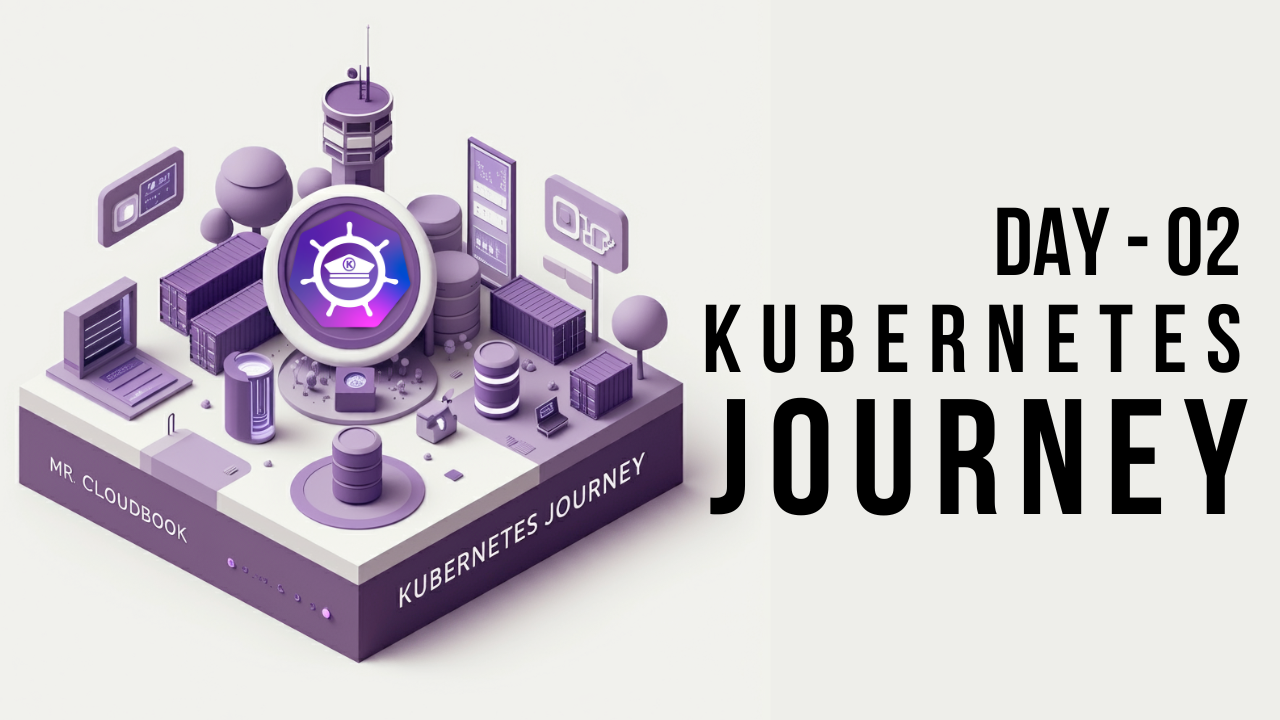Introduction to Kubernetes
Kubernetes, often referred to as K8s, is a powerful open-source platform that has become the cornerstone of modern cloud computing. It automates the deployment, scaling, and management of containerized applications, allowing businesses to focus on innovation rather than infrastructure. Originally developed by Google, Kubernetes is now maintained by the Cloud Native Computing Foundation (CNCF) and has a vibrant community contributing to its continuous evolution.
Kubernetes supports a wide range of architectures, from on-premises data centers to public clouds, making it a versatile choice for organizations of all sizes. Its ability to manage complex applications efficiently is why it’s considered a must-have skill for IT professionals today. This guide is designed to help you navigate the Kubernetes landscape, whether you’re just starting or looking to deepen your expertise.
Learning Materials Overview
Our learning materials are crafted to accommodate a wide spectrum of learners, from those new to the world of containers to seasoned IT professionals seeking to refine their skills. The curriculum is divided into modules, each focusing on specific aspects of Kubernetes. This modular approach allows learners to tailor their journey according to their needs and interests.
For beginners, the materials provide a gentle introduction to the fundamental concepts of Kubernetes, ensuring a smooth transition into more complex topics. For advanced users, the content delves into intricate details, offering insights into best practices and advanced techniques. This comprehensive approach ensures that every learner can find value, regardless of their starting point.
Core Concepts
Understanding the core concepts of Kubernetes is essential for leveraging its full potential. This section covers the foundational elements that make up a Kubernetes cluster:
Cluster Architecture: Learn about the components that form a Kubernetes cluster, including the control plane and worker nodes. Understand how these components interact to maintain the desired state of applications.
API Primitives: Explore the basic building blocks of Kubernetes, such as Pods, ReplicaSets, Deployments, and Services. These primitives are crucial for defining and managing applications within a cluster.
Networking and Storage: Gain insights into how Kubernetes handles networking and storage, enabling seamless communication between services and persistent data management.
By mastering these core concepts, you’ll be equipped to design and deploy robust applications that can scale efficiently in a Kubernetes environment.
Beginner-Level Content
Our beginner-level content is designed to provide a solid foundation for those new to Kubernetes. This section offers a high-level overview of the platform, introducing key concepts and terminologies. You’ll learn how to set up a basic lab environment, allowing you to experiment with Kubernetes in a hands-on manner.
The content covers essential topics such as:
Container Basics: Understand the role of containers in modern application development and how Kubernetes orchestrates them.
Deployment Strategies: Learn about different deployment strategies, including rolling updates and blue-green deployments, to ensure smooth application updates.
Basic Troubleshooting: Develop skills to identify and resolve common issues that may arise during application deployment.
This foundational knowledge will prepare you for more advanced topics and provide the confidence to explore Kubernetes further.
Advanced Administrator Topics
For those looking to specialize in Kubernetes administration, this section offers in-depth coverage of advanced topics. You’ll learn how to deploy high-availability clusters, ensuring that your applications remain resilient and available even in the face of failures.
Key topics include:
Cluster Management: Master the art of managing Kubernetes clusters, including scaling, upgrading, and maintaining cluster health.
Security Best Practices: Explore strategies for securing your Kubernetes environment, from network policies to role-based access control (RBAC).
Monitoring and Logging: Discover tools and techniques for monitoring cluster performance and logging application activity, enabling proactive management and troubleshooting.
These advanced skills are essential for administrators responsible for maintaining the reliability and efficiency of Kubernetes environments.
Developer-Focused Content
For developers, Kubernetes offers a wealth of opportunities to build and deploy cloud-native applications. This section focuses on the tools and techniques that developers need to succeed in a Kubernetes ecosystem.
Topics covered include:
Application Design: Learn how to design applications that take full advantage of Kubernetes features, such as ConfigMaps, secrets, and service accounts.
Multi-Container Pods: Understand the benefits of using multi-container pods and how to configure them effectively.
CI/CD Integration: Explore how to integrate Kubernetes with continuous integration and delivery (CI/CD) pipelines, streamlining the development and deployment process.
By focusing on these areas, developers can create applications that are not only scalable and resilient but also optimized for cloud-native environments.
Practical Exercises and Quizzes
To reinforce learning and ensure a deep understanding of Kubernetes concepts, the course includes a variety of practical exercises and quizzes. These activities provide hands-on experience, allowing you to apply what you’ve learned in real-world scenarios.
Hands-On Labs: Engage in exercises that simulate real-world challenges, from deploying applications to troubleshooting issues.
Quizzes and Assessments: Test your knowledge with quizzes designed to reinforce key concepts and identify areas for improvement.
These practical components are crucial for building confidence and competence, ensuring you’re well-prepared to tackle complex Kubernetes environments.
Flexible Learning Path
The course is structured to offer a flexible learning path, allowing you to choose your focus—whether it’s administration or development. This flexibility ensures that you can tailor your learning experience to align with your career goals and interests.
Progressive Learning: The content is designed to build knowledge progressively, starting with foundational concepts and advancing to more complex topics.
Customizable Journey: Choose the modules that best fit your needs, allowing you to focus on the areas most relevant to your role.
By providing a flexible and customizable learning path, the course empowers you to master Kubernetes at your own pace and according to your unique learning style.

Leave a Reply